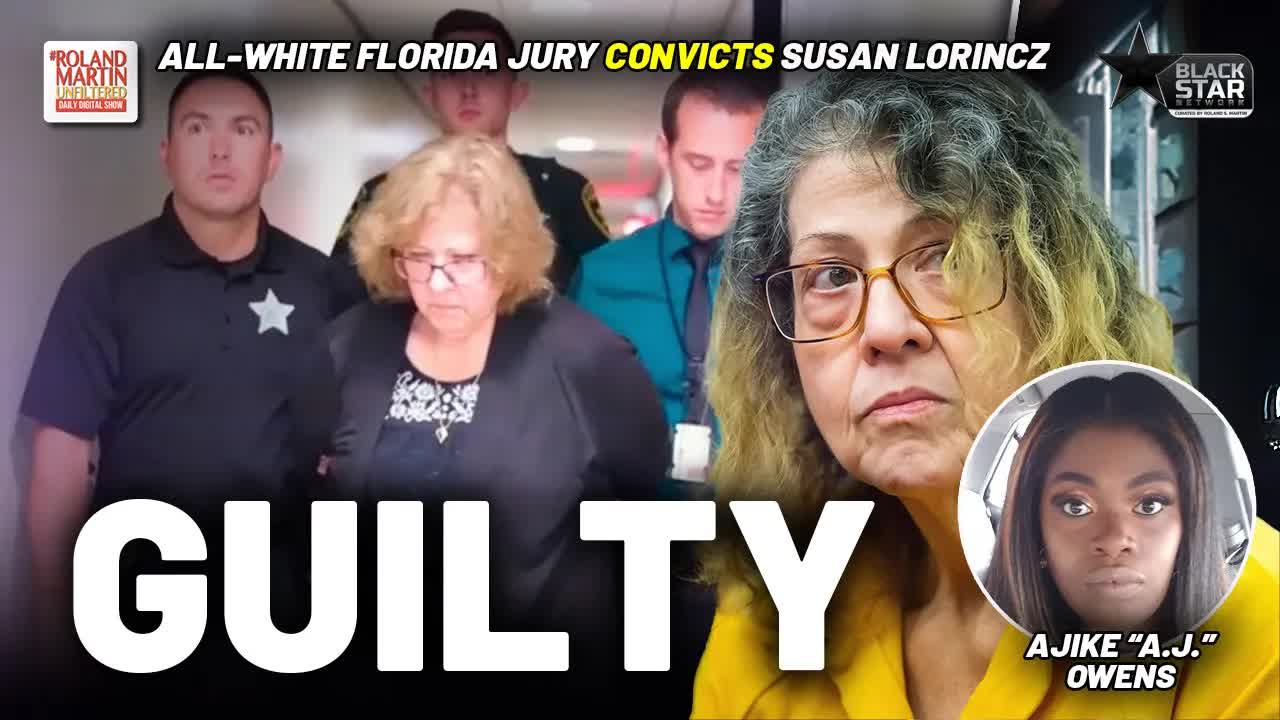In a significant legal development, a Florida jury has found Susan Lorenz guilty of manslaughter, marking a pivotal moment in a case that has sparked widespread outrage.
The verdict was delivered on August 16, 2024, following a trial that scrutinized the circumstances surrounding the fatal shooting of A.J.
Owens, a Black mother who was killed after confronting Lorenz over an incident involving her children.
The jury’s decision came after deliberations regarding whether Lorenz had used a firearm during the commission of the offense, to which they answered affirmatively.
This verdict is particularly poignant given the details surrounding the incident, where Lorenz fired through a metal door, claiming she feared for her life.
However, the six-member jury, comprising four women and two men, rejected her self-defense argument outright.
Lorenz’s actions unfolded last year when she shot Owens after the latter knocked on her door to address a dispute involving roller skates.
Eyewitness accounts and video footage revealed that Lorenz was not even near the door when she discharged her weapon, raising serious questions about the legitimacy of her fear and the rationale behind her actions.
Following the verdict, Lorenz exhibited no visible remorse, leaving many to wonder about her emotional state and the implications of her behavior.
Civil rights attorney Matt Manning weighed in on the case, expressing concern over the broader societal issues at play.
He emphasized the unreasonable nature of Lorenz’s claims, pointing out that firing a gun through a door does not constitute a legitimate act of self-defense.
This sentiment was echoed by fellow panelists who highlighted the troubling history of racial dynamics in Florida, a state notorious for its controversial “Stand Your Ground” laws.
The jury’s decision to convict Lorenz is seen as a critical step towards justice for Owens and her family.
However, the case also raises questions about the initial response from law enforcement.
Critics have noted that it took several days for Lorenz to be arrested, despite her admission of guilt shortly after the shooting.
This delay has led to accusations of racial bias in the judicial process, prompting discussions around the treatment of suspects based on their race and appearance.
Manning further elaborated on the complexities of the legal charges, questioning why prosecutors opted for manslaughter instead of pursuing a murder charge.
He speculated that the decision may have been influenced by a desire to present a more palatable case to the jury, despite the clear evidence of intentionality in Lorenz’s actions.
The fact that she retrieved a weapon and fired it at someone with whom she had a prior conflict suggests a level of premeditation that many believe warrants a more severe charge.
As the case unfolds, the impact on Owens’ children cannot be overlooked.
The trauma they have experienced is profound, and the community is left grappling with the loss of a mother who was merely trying to protect her children.
The emotional scars from this incident will likely require extensive support, highlighting the far-reaching consequences of gun violence.
This case serves as a stark reminder of the urgent need for comprehensive discussions about gun laws, self-defense claims, and racial disparities within the justice system.
It underscores the reality that lives can be irrevocably altered in an instant due to reckless decisions made in heated moments.
While the jury’s conviction is a step towards accountability, many advocates stress that this is just one battle in a larger war for justice and equality.
The legal system must continue to evolve to ensure that all individuals are treated fairly, regardless of race or background.
As Lorenz faces the possibility of spending up to 30 years in prison, the community remains vigilant, hoping that this case will spark meaningful change in how similar incidents are handled in the future.
The quest for justice for A.J.
Owens is far from over, and the echoes of this tragedy will resonate for years to come.































